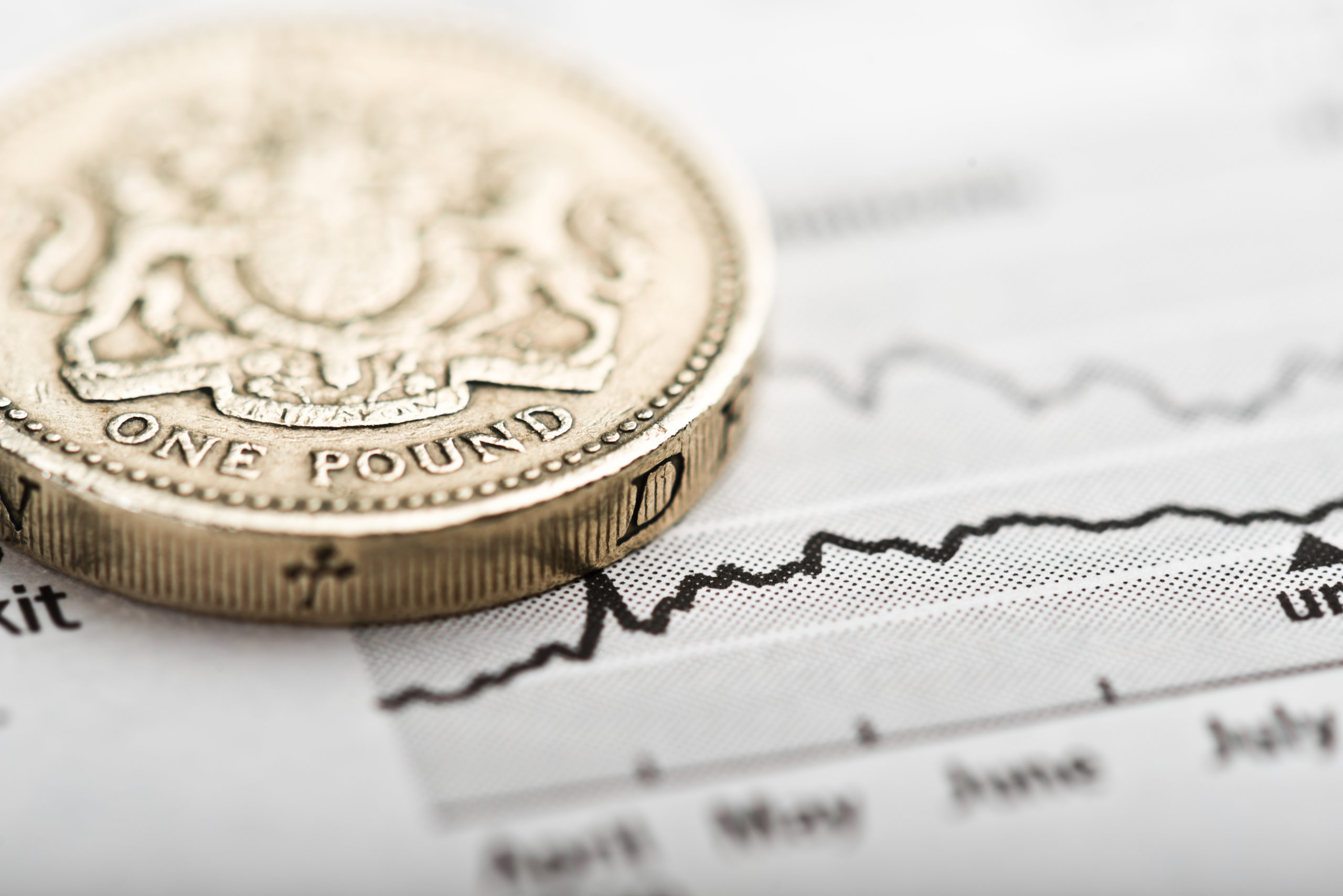
Prime minister Theresa May has agreed to delay controversial legislation that would have increased national insurance contributions for self-employed people.
Her announcement comes after a number of senior MPs publicly criticised the government over the proposals. But delaying the vote until the autumn has sparked suggestions that the government are simply trying to soften the blow.
The chancellor, Philip Hammond, intends to align the national insurance contributions of self-employed people with those of employees. The proposals to increase NI was central to Hammond’s first budget. The staggered rise of NICs from 9p to 11p would raise about £500m a year, to be put towards spending on schools, business rate tax relief and social care spending. And crucially, the government claim it would leave lower paid self-employed people better off.
Criticism
The proposals resulted in a wave of criticism from the media, opposition and many Conservative MPs. Mrs May responded to the criticism by strongly defending the policy. She argues it will make the tax system simpler and disputes accusations that it breaches a Tory pledge not to raise national insurance. But she did agree to delay the legislation until the autumn when Mr Hammond will deliver his next budget. She also commented that the chancellor will be consulting with MPs and business representatives about their concerns and comments.
Taylor report
Delaying the legislation will mean that it will come after the publication of Matthew Taylor’s report into the labour market. This will also examine the gig economy and self-employed workers. It’s expected that Taylor will recommend strengthening the employment rights and benefits for self-employed workers. The Labour party has questioned why the government announced the planned tax increase before the review was published.
MPs concerns
The Labour party has also heavily criticised the plans saying they are tax rises on low and middle earners. But many Conservative MPs also say that the changes to National Insurance contributions unfairly target the self-employed and entrepreneurial. They also commented that the party’s 2015 manifesto included an explicit commitment not to increase income tax, VAT or NICs before 2020.
But Hammond argues that it’s only fair to align the rate with that paid by employees and rejected any suggestions that he had broken a promise to the electorate. He added that legislation had dealt with the issue after the Conservative’s election win. But some backbenchers disagree and say the plan should be scrapped, or revised at the very least.








